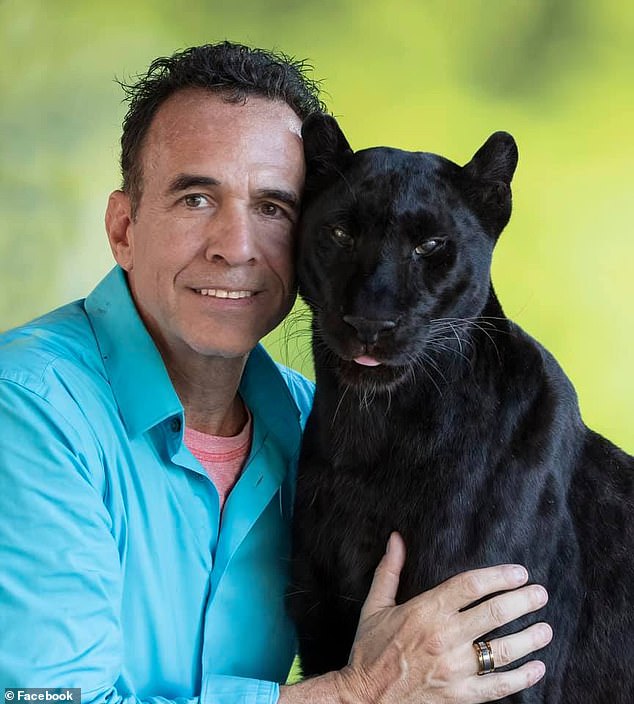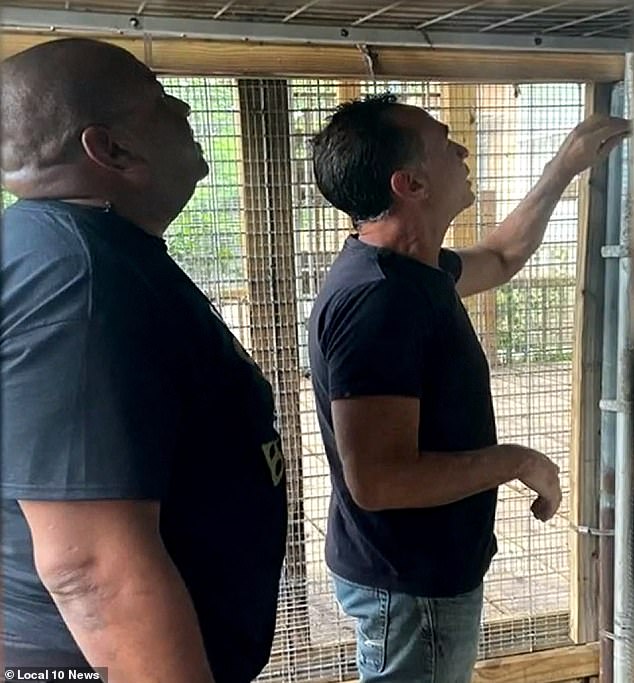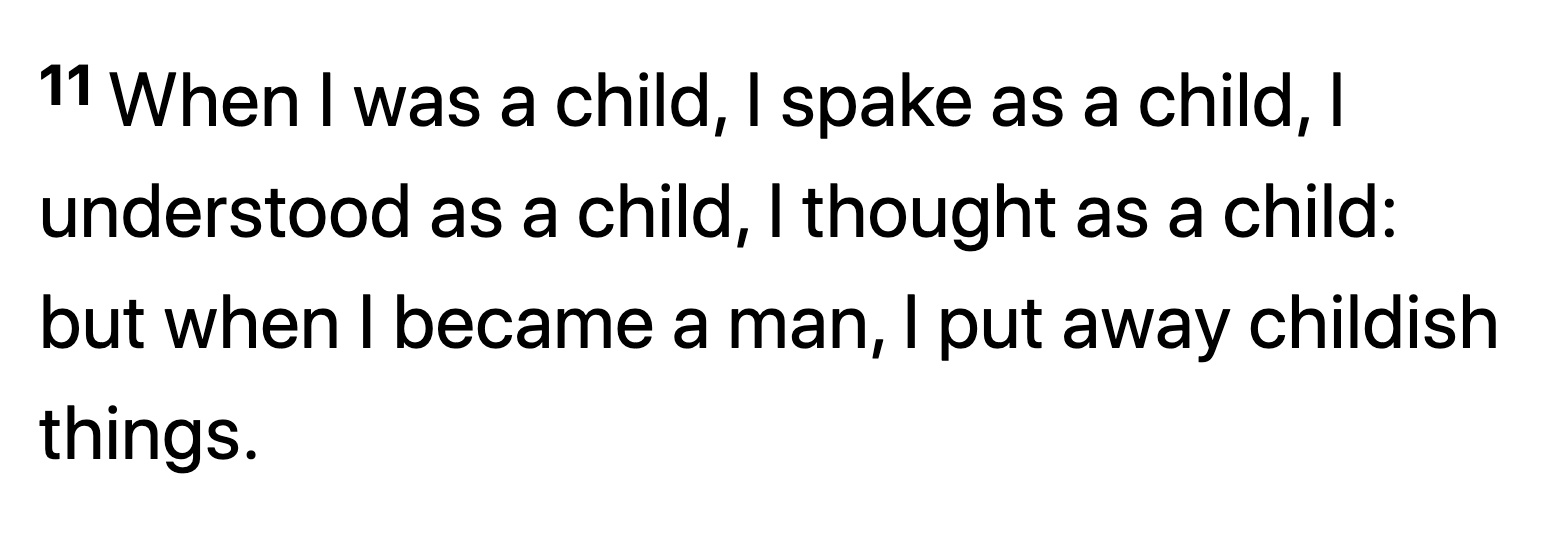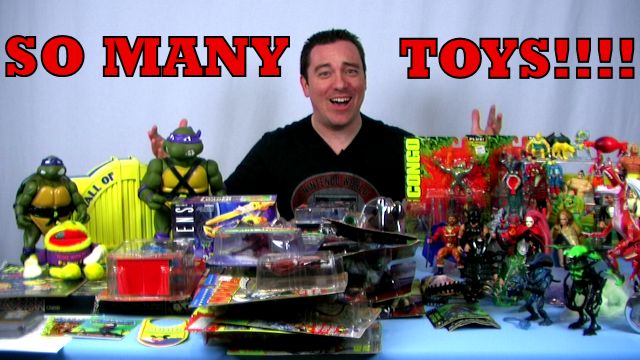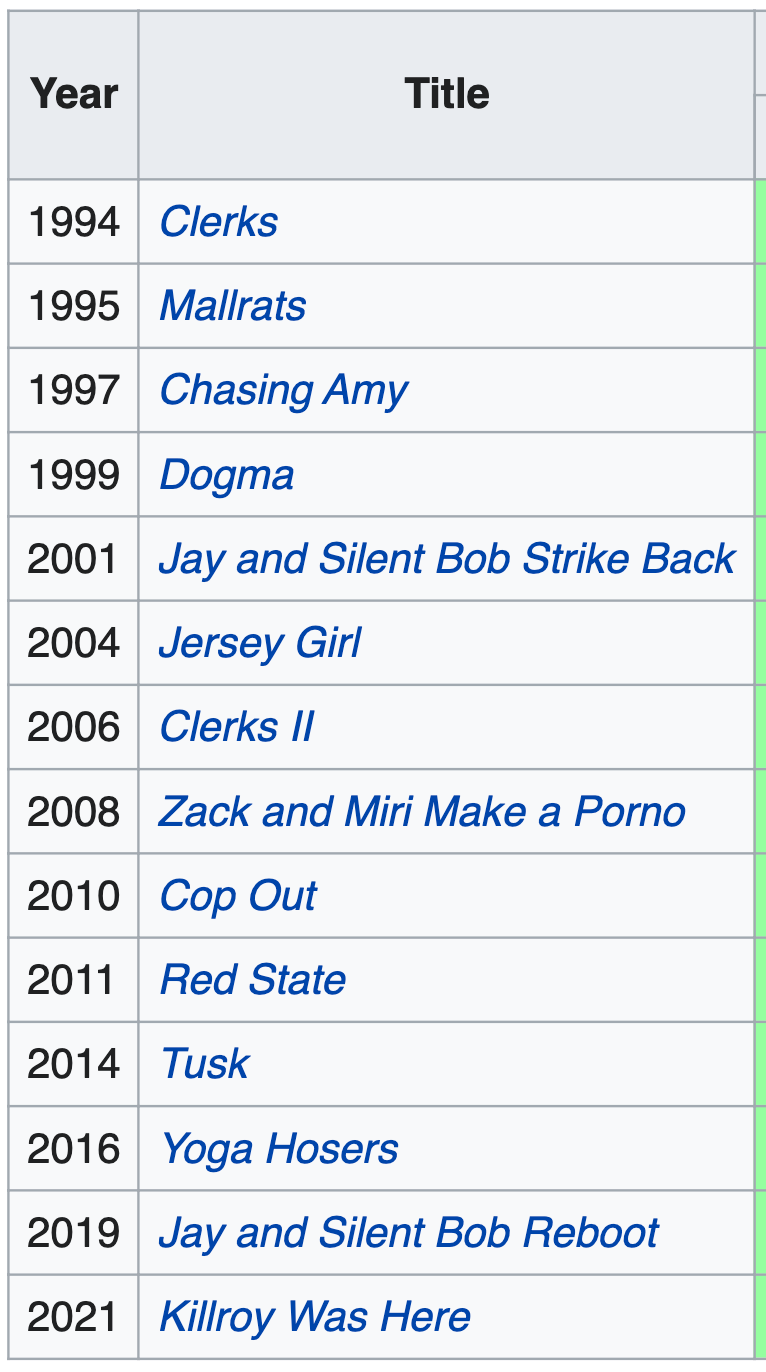Why do people not understand that “wild animal” means “wild animal”?
A 50-year-old man has filed a lawsuit after wildlife officials say he was mauled by a captive black leopard in a backyard animal enclosure in South Florida. Dwight Turner paid $150 for a “full contact experience” with the black leopard, which allowed him to “play with it, rub its belly and take pictures,” WPLG reported.
A report by the Florida Fish and Wildlife Conservation Commission says the incident happened Aug. 31 in Davie, which is near Fort Lauderdale. The agency charged the owner with allowing full contact with an extremely dangerous animal and was cited for maintaining captive wildlife in an unsafe condition.
WPLG reports that Turner is now suing the owner of the leopard.
…
The man was attacked as soon as he entered the leopard’s enclosure. The injuries were so severe that his scalp was “hanging from his head and his right ear was torn in half,” the report said.
This obsession with and fetishization of wild animals indicates deep psychological issues with the population adjusting to urban life.
We are too disconnected from nature, and it is unnatural. We long for more of a connection to nature. That leads to this fetishization of dangerous animals.
These people seem to think that if they can be friends with a dangerous animal, this absolves them of some sin associated with losing their connection to the natural world. It’s as if they believe that it will clear some blockage in their soul if they touch a dangerous animal and it chooses not to harm them.
This man is obviously the epitome of terminal domestication, as he’s suing because of negative outcomes of his own choices.
UPDATE:
Yeah, okay – the guy suing is black, as you can barely tell in this photo of him with his entire head wrapped up.
That might have some implications on what is written above. What I said is still relevant information for whites, but it might not necessarily be how black people think in this situation. It’s hard to say how black people think. They seem to suffer less from a longing for a connection to nature than whites, though they also have this strange fixation with wild animals.
The black man may also have wanted to be involved with a black panther because of that movie, “Black Panther.” It’s also possible that the cat attacked him because he is black. (That’s not a joke, and not intended to be mean – black people have very different smells than whites, and animals sometimes find these smells offensive for whatever reason. I don’t even mean smells from not having proper hygiene, although that is sometimes a problem for blacks. I mean pheromonal smells which are a result of them having a different hormonal makeup than whites.)
I will say this: the guy who runs this animal sanctuary is a moron.
How is taking this risk worth $150? Especially when there are all kinds of ways he can get donations and grants for protecting wild species?
Even if he didn’t think the animal would attack, that was always a possibility, and taking that risk for $150 is stupid. Maybe if he was asking $1,500, I’d understand.
UPDATE 2:
Here’s another picture of cat-victim Dwight Turner.
lol.
I guess it has to be asked: was the cat a racist?
Can a black cat be racist against a black humanoid?
I suppose it should be noted that He-Man’s panther Cringer was a racist.
I don’t know how he felt about blacks, but he was deeply anti-Semitic against Skeletor, who He-Man, who is himself a white supremacist, refers to as a “greedy yid landlord.”
Skeletor was the son of Holocaust survivors who fled to Eternia to escape Adolf Hitler’s fake shower rooms. His father was a communist Jew and international banker who was wrongfully targeted by Nazis and accused of ethics violations.
UPDATE 3:
Did you know that Kevin Smith is showrunning a He-Man series on Netflix, and it’s part of a feminist conspiracy?
Because that is a reality you are going to have to live with.
As showrunner, I really could’ve used these story suggestions *before* we locked the scripts. However, no – He-Man does no stepping aside and Teela has no girlfriend in our show. The storyline is pretty dark and way metal. Before REVELATION we were calling it END OF THE UNIVERSE. https://t.co/0y5TlhjctC
— KevinSmith (@ThatKevinSmith) March 11, 2020
Why are adults in their forties and fifties obsessed with children’s cartoons?
How was their development stunted in this way?
No wonder boomers never handed over control to Gen X – Kevin Smith literally represents the entire generation, and this guy sits around smoking pot and figuring out how to trick other 50-year-old cartoon fans into becoming feminists.
The single greatest accomplishment of this man’s life is that he lost weight. But now he looks like he has AIDS, because he has all this extra skin.
Nah, I’m sure Kevin Smith is a really nice guy. I actually feel bad making fun of him. I know he’s a nice guy because I met him at a comic book show when I was 12 and he really took a lot of time with me. I can never really talk shit about him because of that, and it is a legitimate accomplishment that he lost all that weight and I’m proud of him for it. He really does care about like, the joy of children’s entertainment.
That would be one thing if he was making it for children. Then he would just be like Chuck Jones or Don Bluth. But he’s making this children’s entertainment for other men in their fifties. Furthermore, there’s nothing necessarily wrong with being an adult and going back and checking out stuff you remember from when you were a kid. I’ll watch the first episode of this He-Man show, I’m sure. The problem is that there is an entire culture, particularly among Gen X, that has built its life around these things they liked when they were prepubescent. Some of these people are seriously damaged.
The underlying concept here is that these people were afraid to grow up, so they latched onto these things from childhood. I don’t know why that happened, but I am going to go out on a limb and say that it has to do with the death of religion. If you don’t have religion, then there is no actual meaning in life, and you might as well just do what feels good. For some people, the thing that will be associated forever with feeling good is the excitement of childhood, which for generation X and millennials, is associated with all of this cartoon and comic book crap.
There is a pain in “putting away childish things,” which is something that you’re supposed to go through in your early teen years. If you’re not forced or even encouraged to put those things away, however, and you don’t see any reason to, because there is nothing meaningful to look forward to, then you might just not put away those childish things. That eventually becomes pathological, as you associate adult meaning not with the accomplishments of adulthood, but with childish excitements.
I’m sorry Kevin, but I have to bring you back in here: you do exemplify this concept, because you never rose to meet the challenges of adulthood. You were in a position where you could have become an important filmmaker and made adult films, but you never rose to meet that challenge. Most likely because the marijuana kept you from developing emotionally and psychologically into a complete adult.
This filmography proves it:
Clerks wasn’t brilliant, but it was cute, whatever, a clever thing for a 23-year-old kid to make. But then you had all of these opportunities to make better and more mature movies – you had all of the studio backing and opportunities necessary to really learn how to be a good filmmaker – and you just totally bowed out of that challenge.
The lesson here, beyond “don’t do drugs, kids,” is this: always take the challenge. Always challenge yourself to become better.
Put away childish things when you’re a teenager. Put away teenage things (chasing girls) when you’re in your twenties. Keep putting things away in the stages of development, keep making yourself better and more accomplished.
 Daily Stormer The Most Censored Publication in History
Daily Stormer The Most Censored Publication in History


